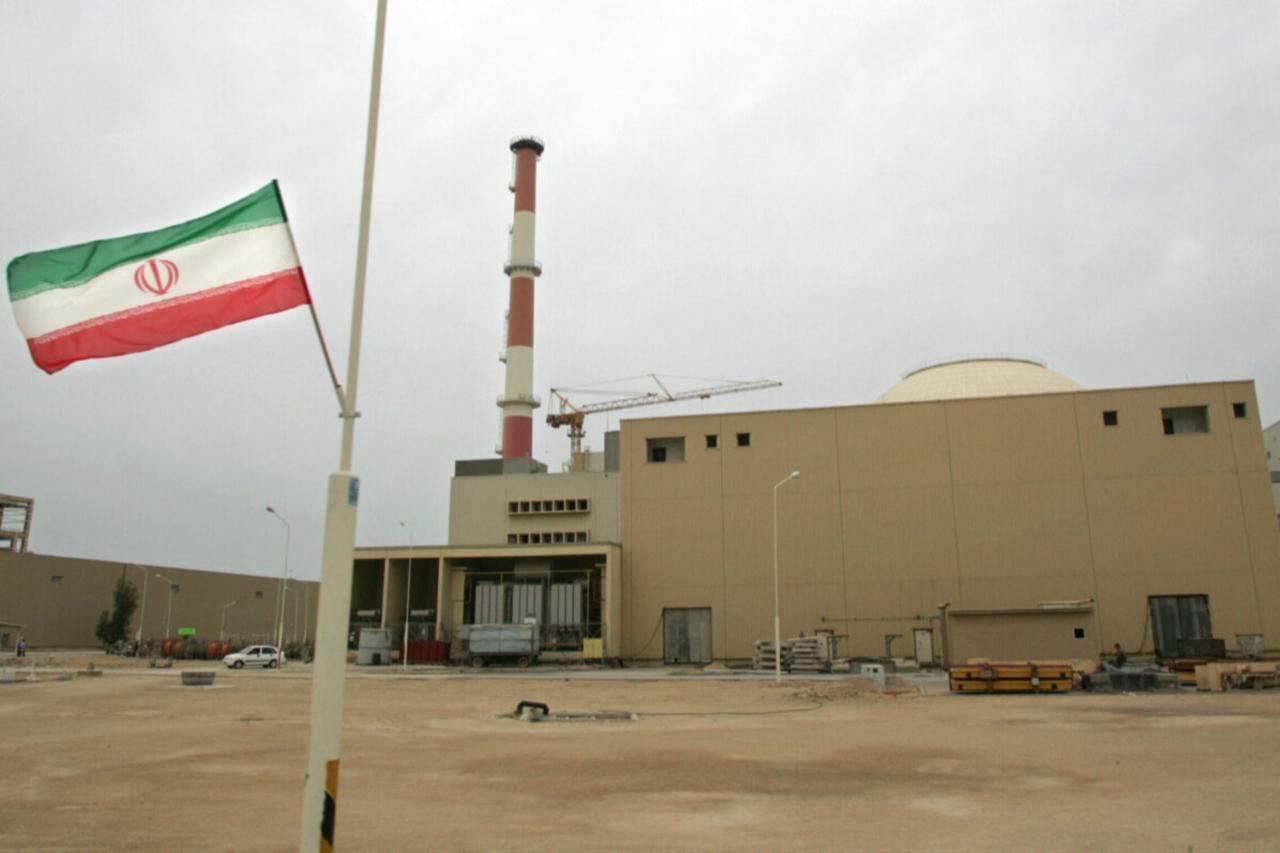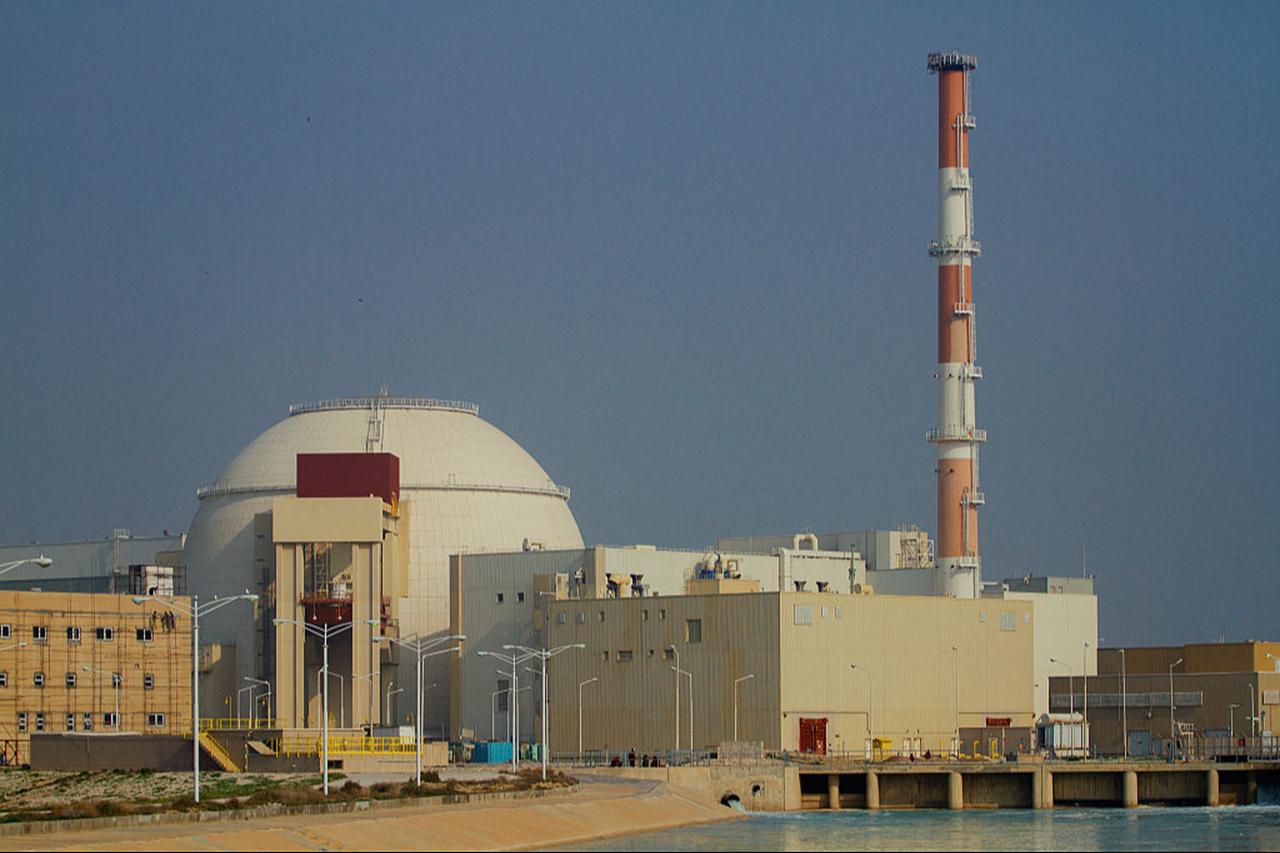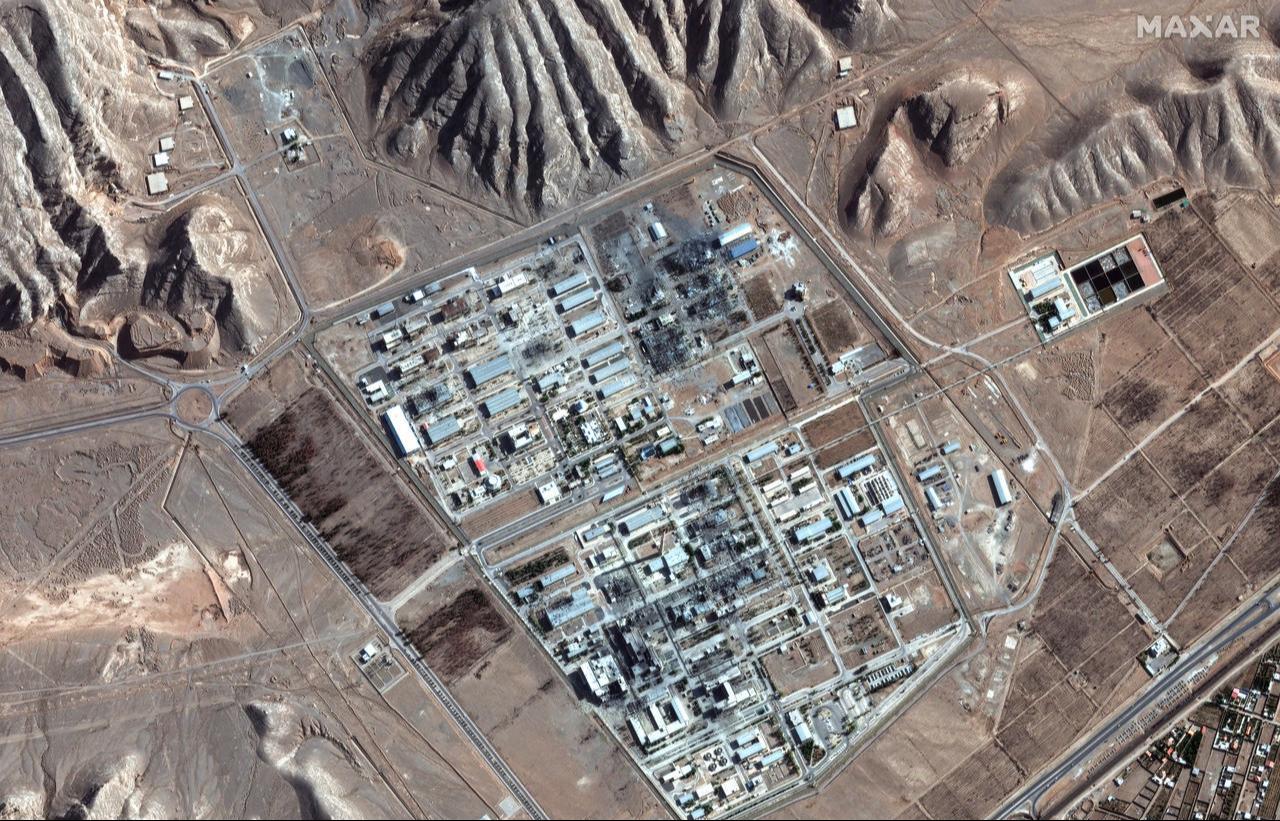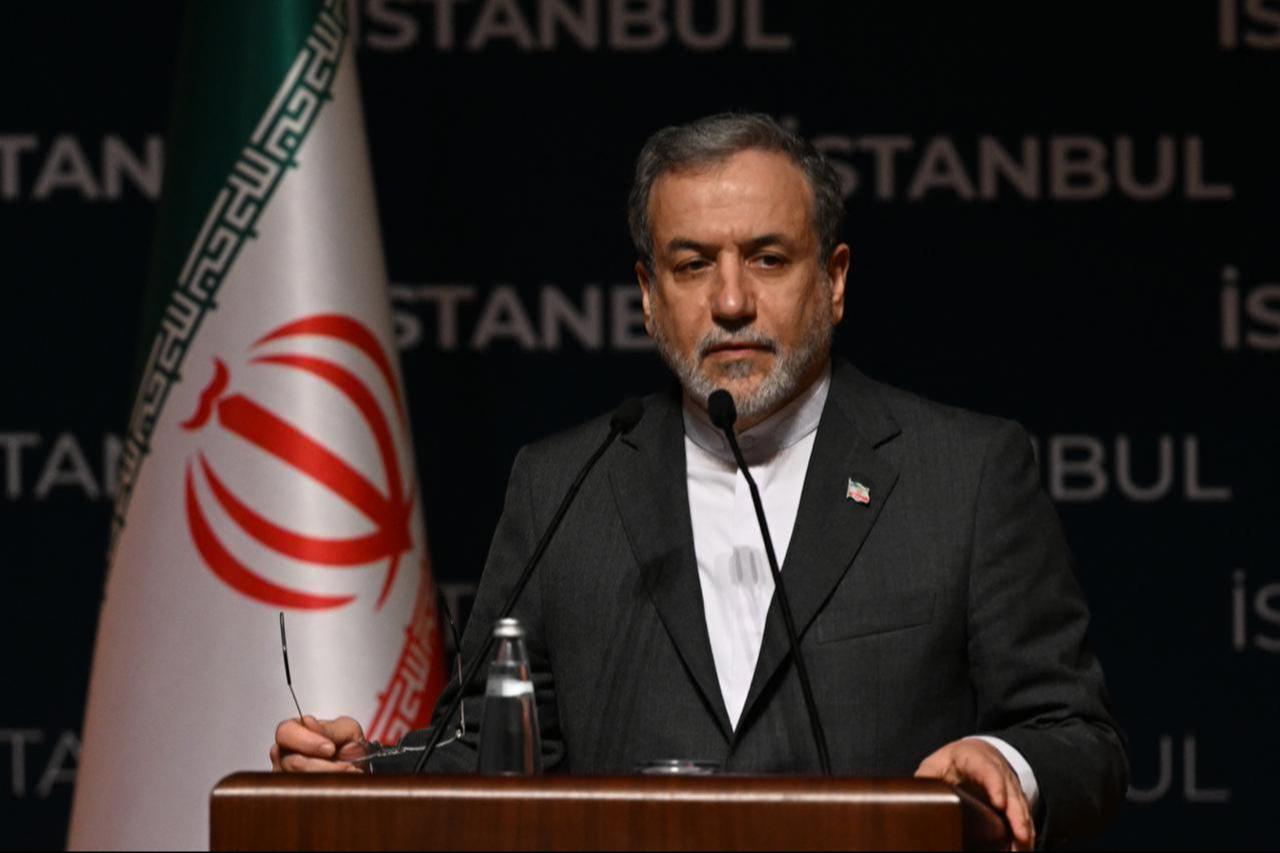
Iran's President Masoud Pezeshkian said Sunday that Tehran will rebuild its nuclear facilities "with greater strength," reiterating that the country does not seek nuclear weapons.
Pezeshkian made his comments during a visit to Iran's Atomic Energy Organization, where he met with senior managers from the country's nuclear industry.
"Destroying buildings and factories will not create a problem for us; we will rebuild and with greater strength," the president told state media.
The remarks come after the United States launched strikes on Iranian nuclear facilities in June.
Washington says the facilities were part of a program aimed at developing nuclear weapons, while Tehran maintains its nuclear program serves purely civilian purposes.

Pezeshkian emphasized that Iran's nuclear work addresses public health needs, saying, "It's all intended for solving the problems of the people, for disease, for the health of the people."
The Iranian president stressed that nuclear science resides in the knowledge of scientists, not physical infrastructure, noting, "They cannot accomplish anything by destroying buildings and facilities. We will rebuild, and with greater strength. The source of our nuclear science is not buildings, but our scientists."
Pezeshkian noted that Iran's nuclear activities serve civilian purposes and dismissed assertions otherwise. "Enemies try to give the impression that we are attempting to make a bomb.
However, we, according to the ruling of the Supreme Leader (Ali Khamenei), consider nuclear bomb use as forbidden," he said, according to state media.
In June, Israel conducted wide-scale attacks targeting Iran's nuclear facilities and senior military officials.
Nine nuclear scientists were killed in the Israeli strikes, along with the Chief of Staff, the commander of the Islamic Revolutionary Guard Corps (IRGC), and other senior commanders.
The United States, which supported Israel, launched strikes on three Iranian nuclear facilities in Natanz, Fordow, and Isfahan on June 22. Iran responded with strikes on the U.S. Al-Udeid Air Base in Qatar on June 23.
U.S. President Donald Trump announced a ceasefire between Iran and Israel on June 24.
Trump has warned he would order fresh attacks on Iranian nuclear sites should Tehran attempt to restart the bombed facilities.

Iran's Foreign Minister Abbas Araghchi stated on Saturday that Tehran will not negotiate its missile program with the United States.
"We will not negotiate our missile program. No reasonable person accepts disarmament. Stopping uranium enrichment is not possible. Something not obtained through war cannot be given through politics," Araghchi said.
Araghchi indicated willingness to pursue indirect talks with the United States, saying: "We are ready to negotiate to address concerns on this matter. A fair agreement is possible, but Washington has put forward unacceptable conditions. We do not intend to engage in direct negotiations. If the U.S. does not impose its demands, we can reach a fair agreement through indirect talks."
Regarding the 12-day conflict with Israel, Araghchi stated, "We are prepared for any eventuality and expect hostile behavior from the Zionist regime. We maintain the highest level of readiness at all levels."
Araghchi said that nuclear materials from the bombed facilities remain under the rubble and have not been relocated.
"Buildings and some equipment were damaged, but nuclear technology remains intact," he said.

During his visit to Iran's Atomic Energy Organization, Pezeshkian examined recent work by nuclear scientists in health, treatment and radiopharmaceutical production.
He met with senior managers of the organization following his inspection.
Pezeshkian highlighted Iran's position in radiopharmaceutical production, calling the technology strategically important for generating national income and gaining a foothold in global markets.
"Today, for our country, benefiting from modern technologies and competing strongly in the global market is vital," he said.
The president criticized global powers for attempting to keep independent nations dependent on assembly manufacturing.
"Imperialist powers want to keep independent nations like Iran dependent on assembly manufacturing. They produce and develop medicines themselves and aim to sell them to other countries at exorbitant prices," Pezeshkian said.
Pezeshkian said assassinations of Iranian nuclear scientists and hostility toward the country stem from global powers' unease with Iran's scientific and technological independence, saying, "As we have repeatedly stated, nuclear weapons production is not on our agenda, and they are aware of this."
He emphasized that Iran's objective is not nuclear weapons production but improving public welfare by stating, "The nuclear industry is a field with extensive scientific and industrial capacities. Only a small and inhumane part of this field relates to weapons manufacturing."
"All remaining activities serve humanity's fundamental needs. Our goal is not to produce nuclear weapons but to meet the people's needs and increase the country's prosperity," Pezeshkian concluded.